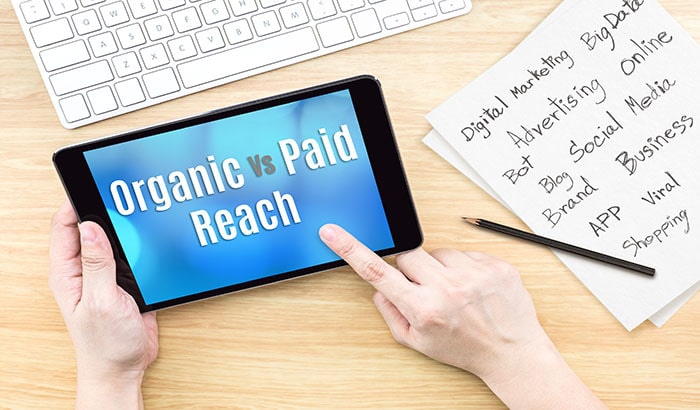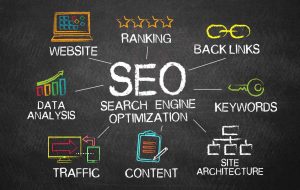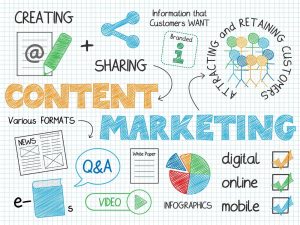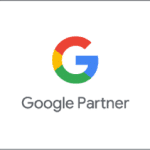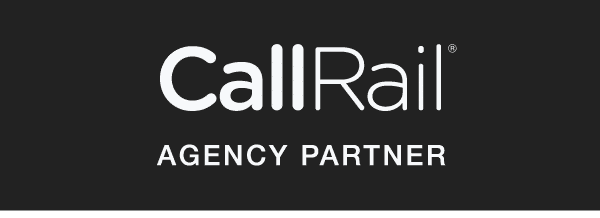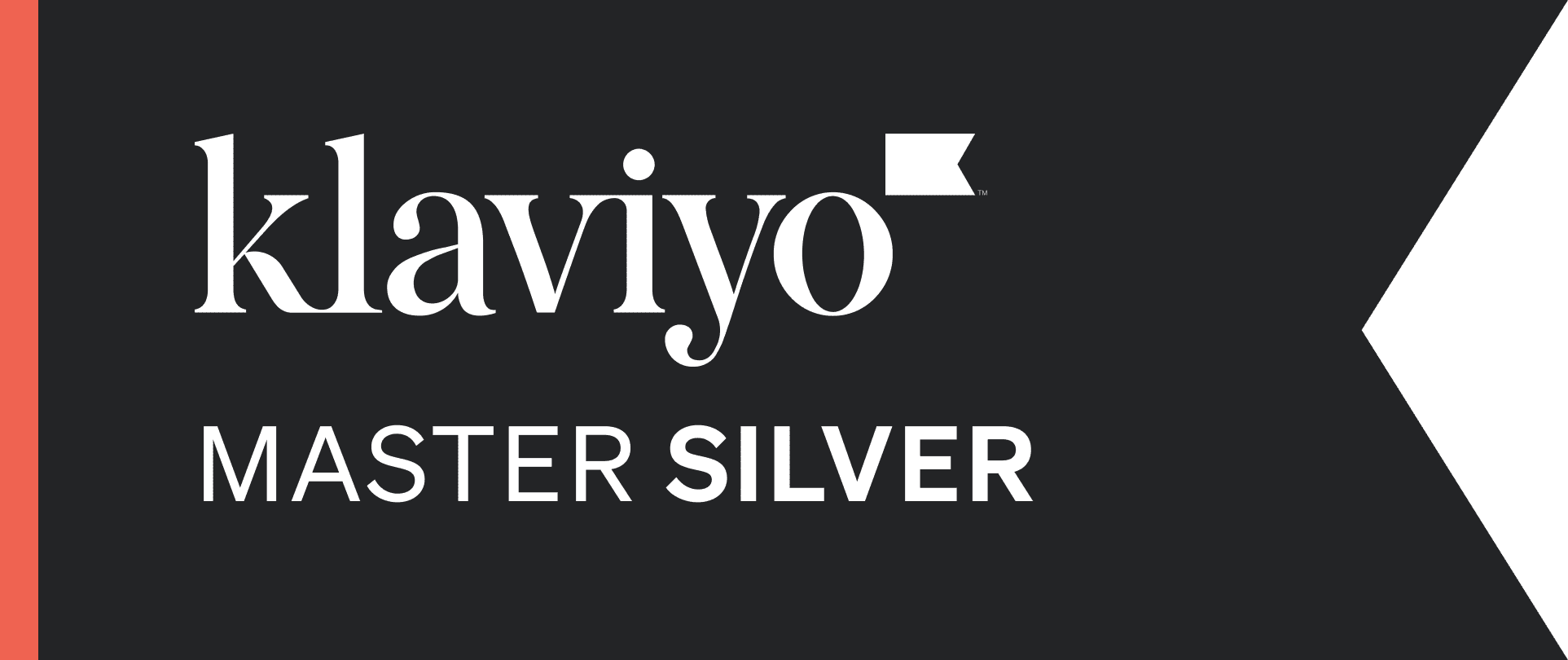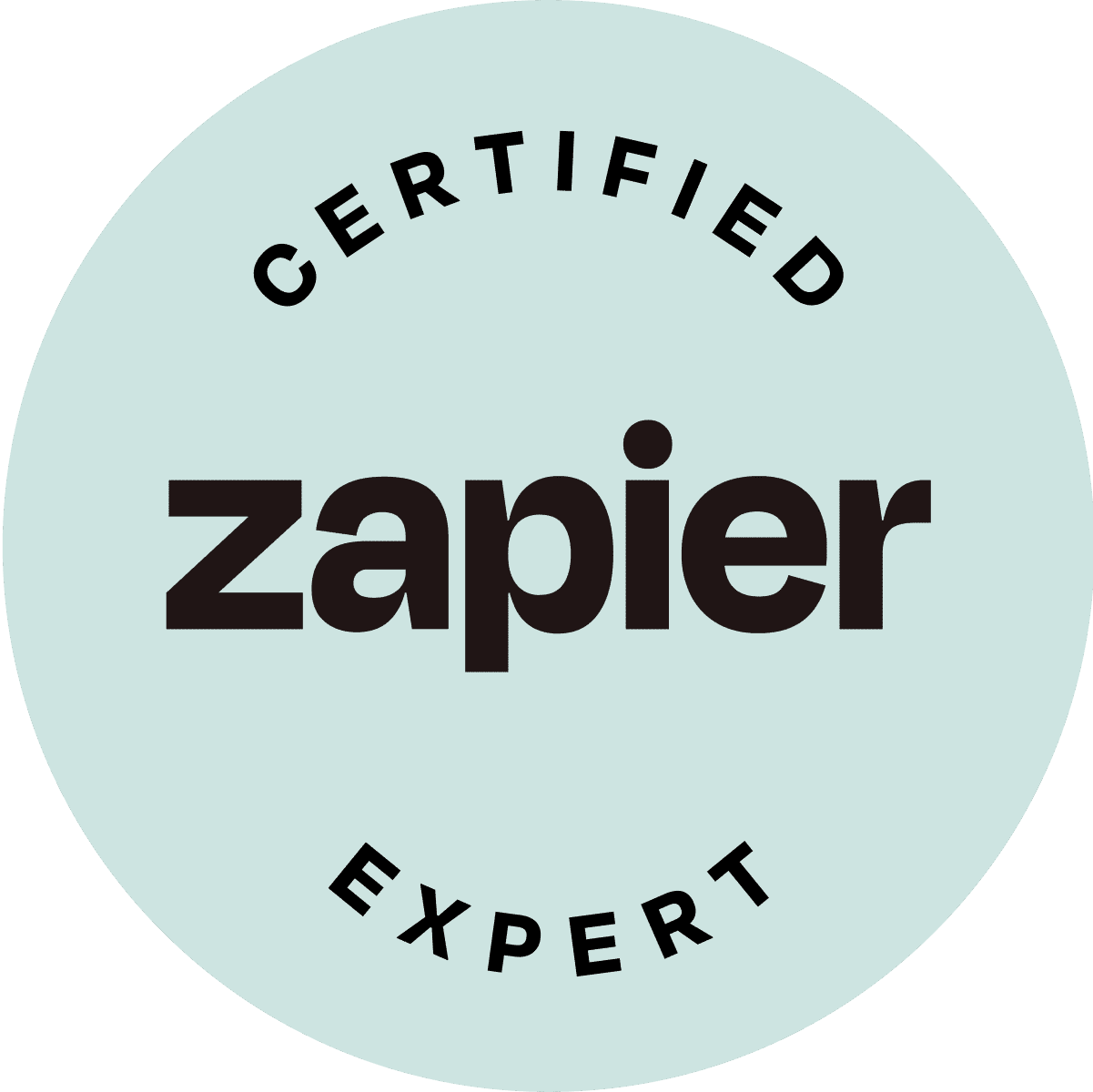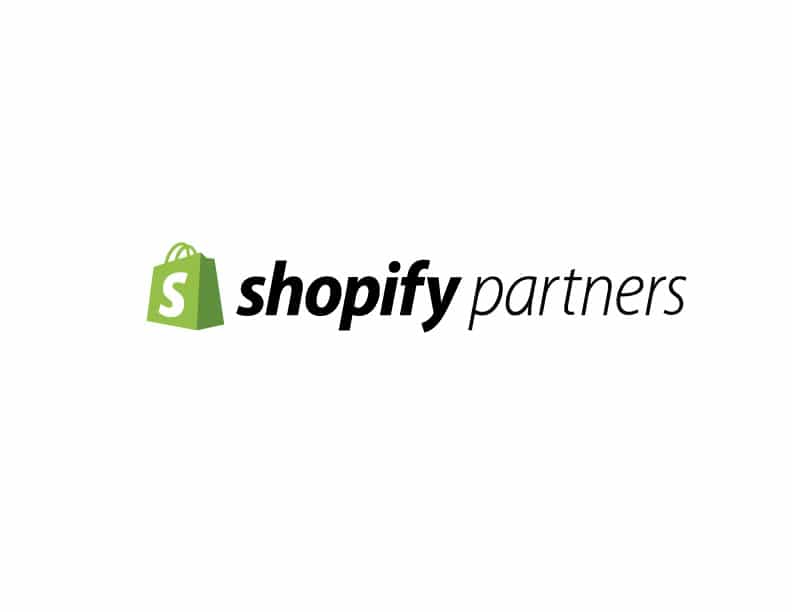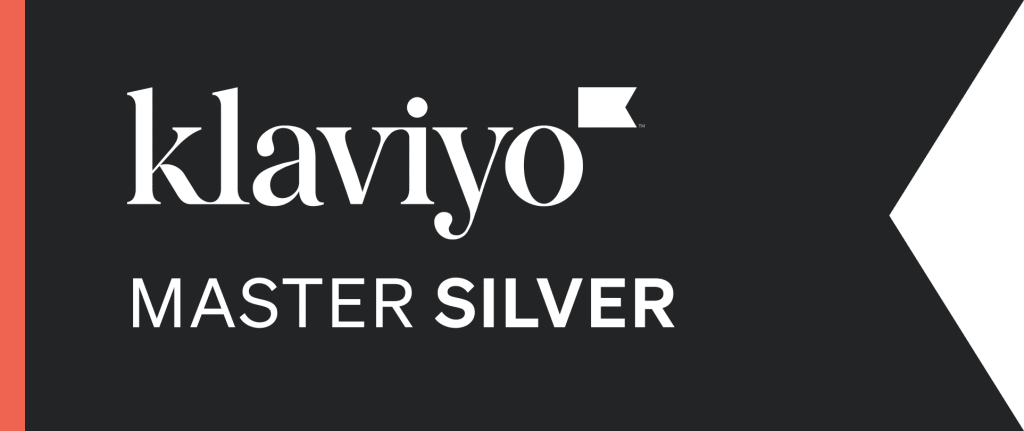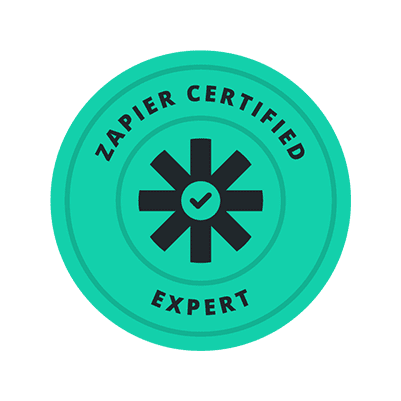Using social media is critical if your business wants to succeed today, and both paid and organic social media are helpful.
It’s no secret that the way businesses use social media has changed dramatically over the past few years. Originally, social media was a way for businesses to increase their online presence and build their brand identity. Nowadays, social media is used by every step of the business process, from customer acquisitions, marketing, retargeting, retention, and customer service.
There are two strategies for social media, and they entail different types of content and audiences. The best business marketing approaches account for both strategies and use them to reach different audiences and perform effectively.
Today, we’re breaking down paid social media versus organic social media.
Paid Social Media
Paid social media is any social media that you “pay-to-play” or use as part of your advertising budget. Examples of paid social media include pay-per-click, sponsored posts, advertisements, promoted posts, or pop-ups.
The benefits of using paid social media are vast, especially as we see organic traffic and engagement decreasing over time. Here’s why you need paid social media:
- Breaking through tough algorithms to reach new audiences
- Targeting your ideal audience
- Retargeting from similar or related products & services
- Strengthen your online presence and brand by promoting specific messages and content
- Highlighting your best content to maximize delivery
Organic Social Media
When you produce content and share posts online without paying for the social media spot, you’re using social media organically. This includes posts on your Instagram, Facebook, Twitter, Youtube, LinkedIn, or other platforms that you create or regularly share on that aren’t designed to be an advertisement. You can still track the engagement, conversions, and other important statistics for these types of social media posts, but they usually are not as aggressive or targeted as your paid content.
The benefits of leveraging organic social media are also important to businesses, especially if you’re a D2C (direct to consumer) model.
- Free, so beneficial to businesses of all sizes and stages
- Personalize your brand with regular content
- Build trust with live interactions by responding to comments
- Create a community by following and engaging with like-minded businesses and customers
Organic AND Paid
Modern technology has made both versions of social media marketing necessary. You need to pay for social media advertising to get in front of more consumers and target the appropriate audiences. However, without a real, organic, human presence online, your brand may seem cold and out of place. Utilizing both strategies produces the right effect for small businesses looking to grow online.
You need to tailor your content for both approaches and balance the amount of paid vs. organic so that your brand is authentic and successful.
REVITY Marketing Agency Excels at Both
At REVITY Marketing Agency, we believe in using both paid and organic social media approaches to maximize your company’s effectiveness online. We work closely with you to determine your goals and brand identity so that we can create content and campaigns that produce real results. See what we can do for your business today.

